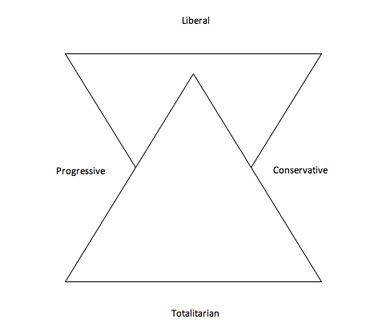I agree with much of your stance, however I think you will find that religion is actually on the incline in the US at this point in time. Even saw a recent clip stating as such.You are absolutely correct. Neo-Con Progressive Republicans do not want it legalized. They are a dying breed though and thank God.
Religion is in fierce decline in the US. Once that variable is out of the equation I believe true conservatism will come back to life.
Socially Moderate, but fiscally conservative and strict adherence to the Constitution when it comes giving the power to the states. Freedom from the federal government and an isolationist foreign policy. Bring the whole military home.
That's the banner of real conservatism, not that Neo-Con pop culture definition that the likes of Palin spews and that's been shoved down our throats for decades.
The fucking Pope hijacked and completely killed what was left of my political philosophy decades ago. I believe now, after 100+ years, we are starting to remember why we are supposed to hold those values dear.
And I am wondering what exactly the "neo-con" is to you? What exactly of Sarah Palin's stances do you not like? What distinguishes her political stance from what you would consider a "true" conservative?
And a comment...if the founding fathers were to see the fall of religion coming in the future, I think they would have predicted the fall of us.
Our nation was founded around religion, not in opposition to it. The constitution, and the papers surrounding the document of that day attest to that fact.






